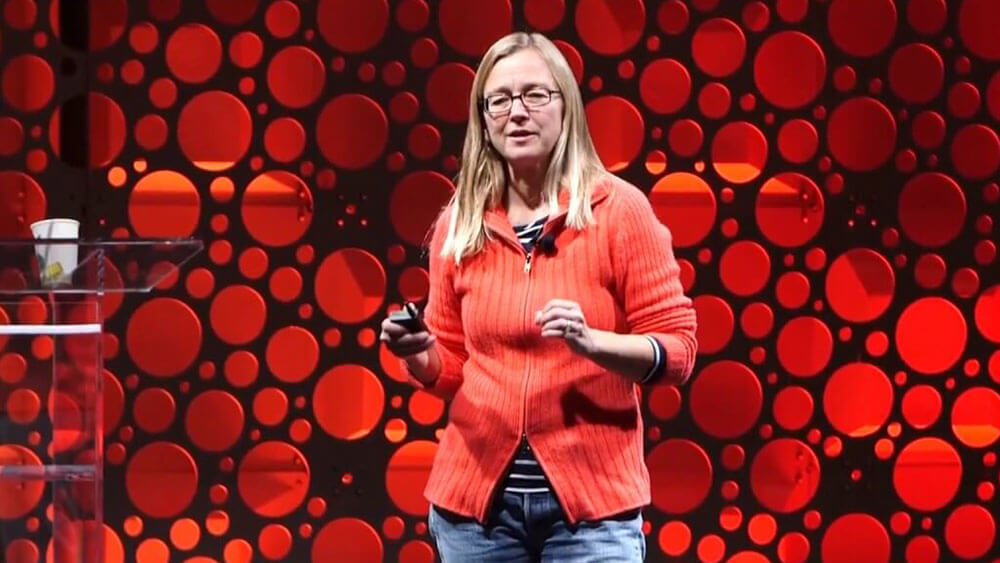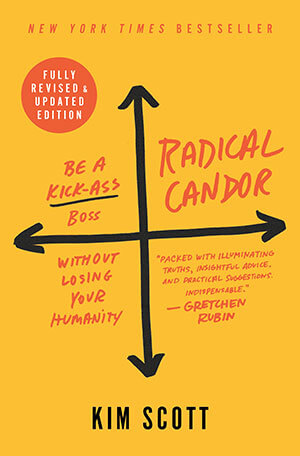
Author and leadership coach Kim Scott says leaders need to feel free to admit they don’t have all the answers. (Courtesy Kim Scott)
In a study of 300 event organizers undertaken last month by Destination Analysts, 73 percent said that some live meetings will never return. The study’s results were unveiled at Destinations International’s 2020 Virtual Convention this week, and demonstrate the sense that many meeting attendees may want to stick with the benefits of virtual meetings.
While the industry has been embracing those benefits by innovating virtual events in a very compressed period of time, we can’t ignore the angst, uncertainty, and grief much of the industry is feeling. As a Convene COVID-19 Recovery Dashboard survey taker said to us in an email this week: “We are walking a very fine line to survive across the board. Virtual meetings are not going to allow that survival.”
She couldn’t, she said, complete the survey because there is just too much uncertainty right now to know how to answer some of the questions about the future of the events she plans.
We are all trying to move forward amidst an insurmountable level of ambiguity and that’s especially difficult when you lead a team — over a screen, no less. In a recent Fast Company article, Radical Candor: Be a Kickass Boss Without Losing Your Humanity author Kim Scott offered some advice.
 First, she said, create a space for everyone to share how they feel, especially if there has been recent news that’s upsetting. For a 400-participant coaching webinar which took place right after the killing of George Floyd, Scott said she used Mentimeter to “create word clouds that captured how participants were feeling.” The tool “also lets the meeting leader understand the overall mood of the group right away,” she wrote.
First, she said, create a space for everyone to share how they feel, especially if there has been recent news that’s upsetting. For a 400-participant coaching webinar which took place right after the killing of George Floyd, Scott said she used Mentimeter to “create word clouds that captured how participants were feeling.” The tool “also lets the meeting leader understand the overall mood of the group right away,” she wrote.
But she drew a line between empathizing with others and “ruinous empathy.” “Radical candor is what happens when you care personally about someone and challenge them directly at the same time,” she writes. “However, not giving someone information they need because you’re worried about hurting their feelings is not empathy; it’s ruinous empathy. And defaulting to ruinous empathy during a crisis can cause great harm.”
This, Scott said, covers everything from not being transparent about upcoming layoffs or furloughs because you don’t want people to worry, to admitting that you don’t have all the answers. “Admitting you ‘don’t know’ can make you feel out of control, but a little discomfort is worth your team trusting your leadership.” Scott quoted from one of her coaching clients, leadership development platform Torch’s CEO Cameron Yarbrough, who said, “If you over index on instilling confidence, and gloss over the bad news, it will come at the expense of trust.”
Scott believes that “one of the biggest mistakes leaders will make in the next phase of the pandemic is not admitting ‘I don’t know.’”
Lastly, Scott says it’s critical to take care of yourself. “Don’t undervalue the emotional labor of being a leader. It’s important to recognize that being the boss can be exhausting during the best of times, and during times of crisis, it can feel downright paralyzing. If you don’t identify ways to take care of your emotional, physical, and mental health,” she writes, “you won’t be able to be there for anyone else.”
Michelle Russell is editor in chief of Convene.
